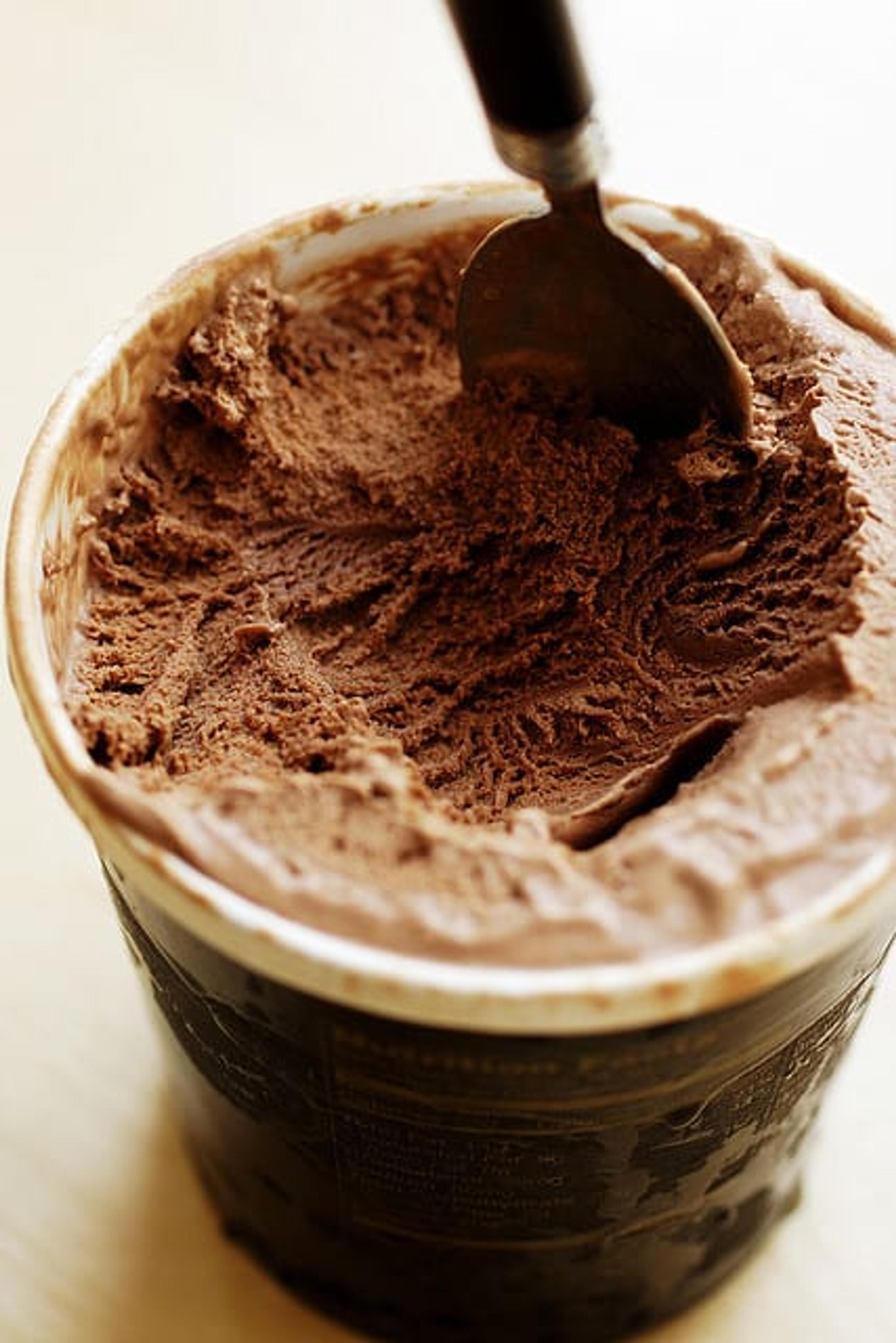The secret caffeine sources making you jittery
| 2 min read

For most of us, making it through the workday feels like an impossible feat without some help from our morning cup of Joe. And that’s not a bad thing! A moderate amount of caffeine – about 250 milligrams per day, or two to three cups of coffee – wakes up your brain, improves your concentration and may also help relieve stress. However, too much caffeine can increase your risk for nausea, anxiety, sleeplessness, headaches, restlessness and more. And the thing is, you might not even realize how much caffeine you’re actually consuming each day.

That’s because while the U.S. Food and Drug Administration regulates added caffeine in food and requires companies to list caffeine in the ingredients, caffeine that occurs naturally (like in chocolate) does not have to be listed. And more and more food-makers are also adding caffeine to unexpected products such as specialty waters, mints and even instant oatmeal, making it even tougher to realize how much you’re actually consuming.
So where should you watch out for unexpected caffeine ? This list is a great place to start:
- Decaffeinated coffee (It should be called low-caf since one cup can contain about 12 milligrams.)
- Starbucks Frappuccino (A tall mocha light of this delicious summer treat has about 70 milligrams.)
- Chocolate (A one-ounce square has about 12 milligrams. The darker the chocolate, the higher the caffeine content.)
- Morning Spark instant oatmeal (One serving has about 95 milligrams, as much as a cup of coffee.)
- Coffee ice cream (One cup has about 30 to 45 milligrams.)
- Energy water (A can of VitaminWater Energy has about 50 milligrams.)
- Root beer (A can of Barq’s has about 23 milligrams.)
- Some pain relievers (Two Excedrin Migraine tablets have about 130 milligrams.)
Check out these blogs if you enjoyed this one:





